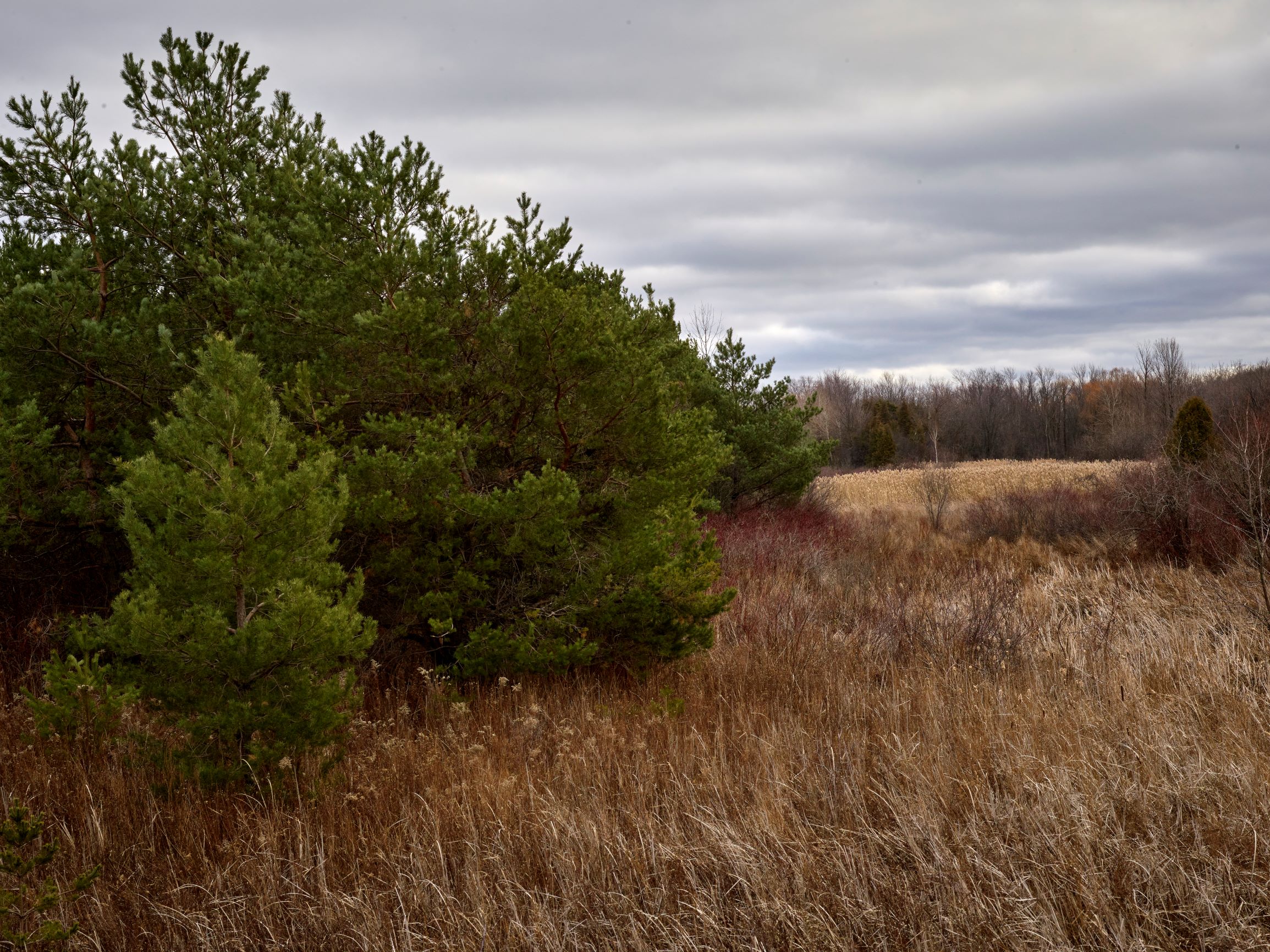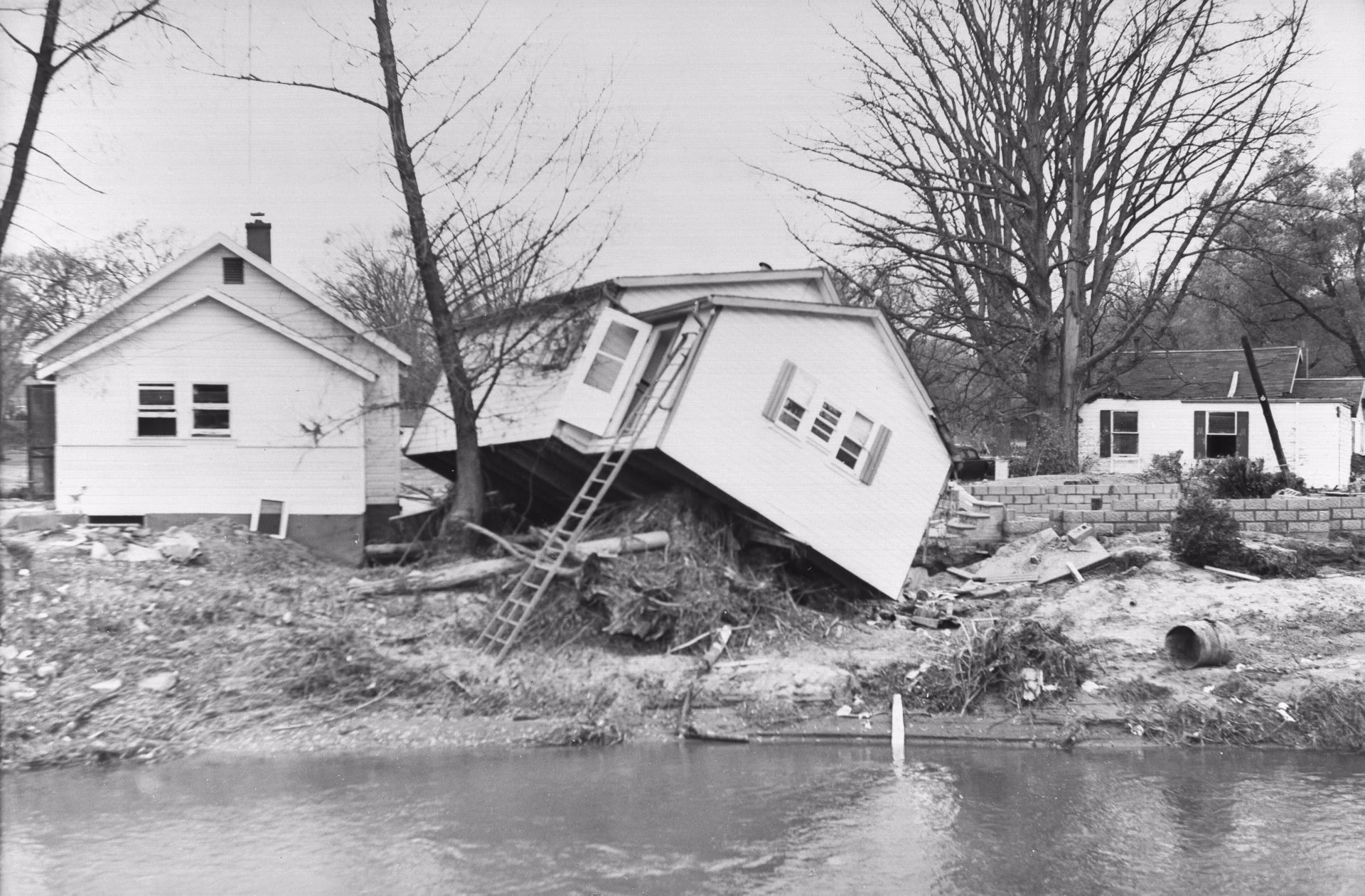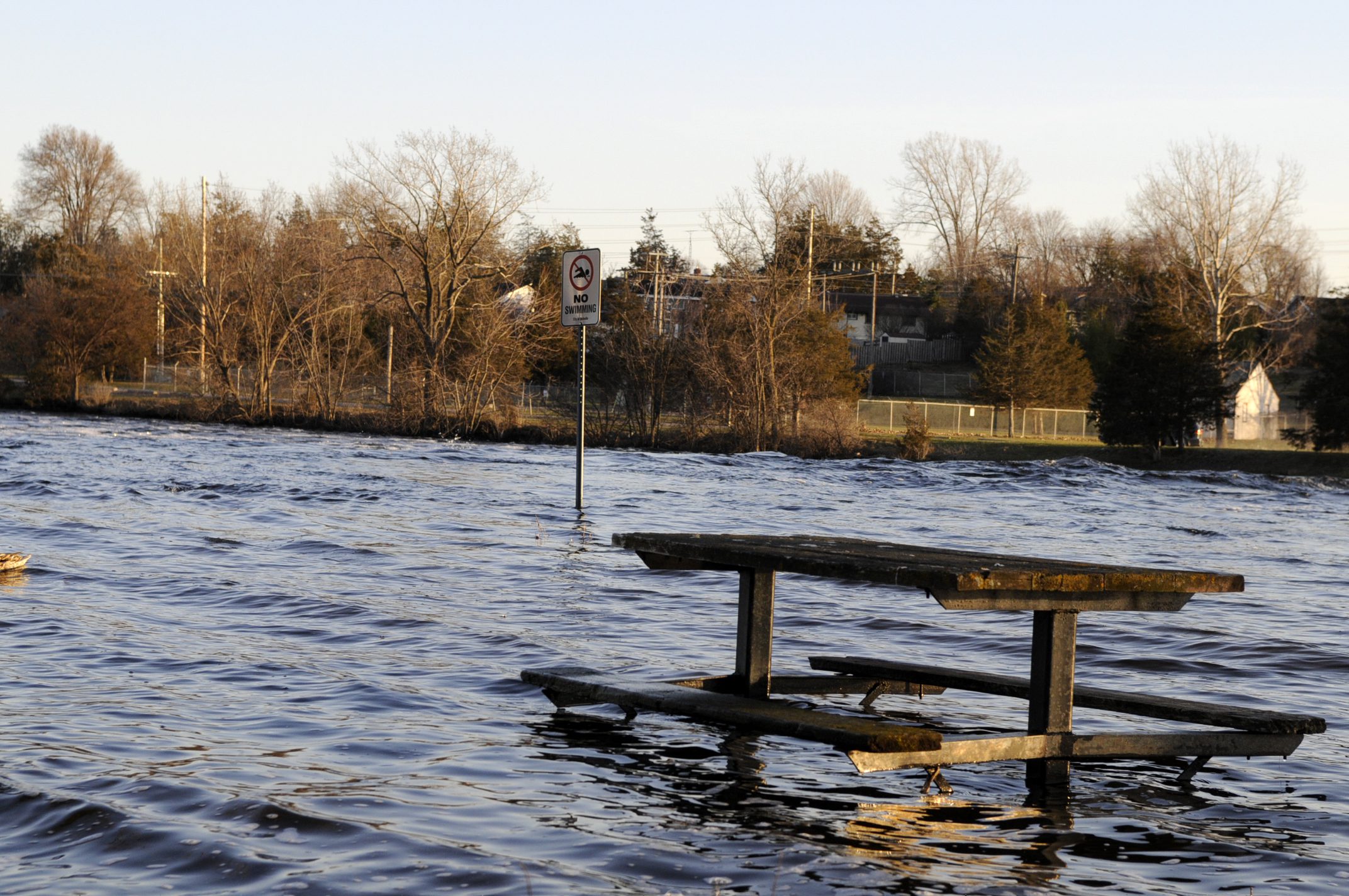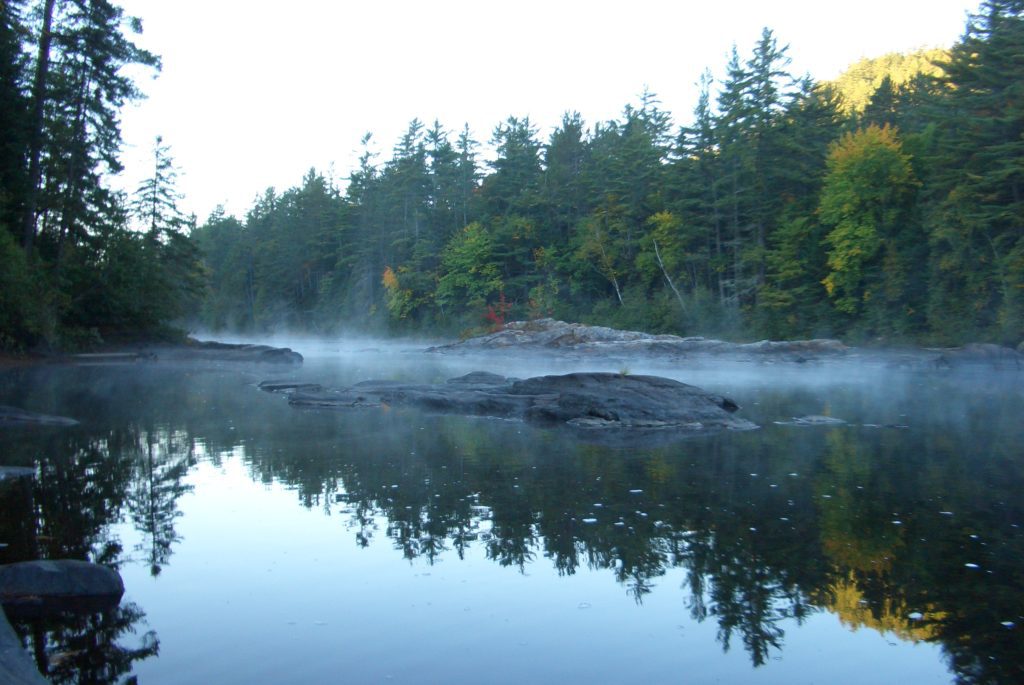Ontario landowners and developers who want to build on floodplains, wetlands and other hazardous or environmentally sensitive lands should think twice before using newly-created political shortcuts to circumvent or overrule Conservation Authorities. That is because all three of Ontario’s major opposition parties have committed to revoke, without compensation, any permits issued using the politicized and grossly inadequate new development approval routes created by last December’s Schedule 6 legislation, as well as repealing the legislation itself completely.
Ontario’s Official Opposition New Democratic Party, as well as the Liberal, and Green parties, have each pledged to restore Conservation Authorities’ powers by repealing completely Schedule 6 of last December’s Bill 229, Protect, Support and Recover from COVID-19 Act. Those provisions, which undermine protections against floods, landslides and environmental hazards by hobbling Conservation Authorities, were passed in defiance of a deafening chorus of warnings from independent experts, farmers, municipalities, the general public, the government’s own Greenbelt Council, and from Conservation Authorities themselves. They were designed – and are already being used in conjunction with Minister’s Zoning Orders – to unleash residential and commercial sprawl in environmentally sensitive areas, like a Provincially Significant Wetland in Pickering connected to Lower Duffins Creek.

On top of restoring the powers of Conservation Authorities, all major opposition parties also vowed to revoke without compensation any permits that developers and landowners obtain using the new Schedule 6 mechanisms. Such a firm approach is warranted given the reckless and outrageous nature of the changes to the Conservation Authorities Act. Revoking permits that have already been granted accomplishes two important things:
- First, it protects Ontarians from the very real danger of flooding, contamination, and other ecological damage, that would be created by any excavation, paving, or construction that is permitted without having to conform with the expert and politically-independent directions of Conservation Authority staff. Google “Hurricane Hazel” or read the news from places without such strict controls to know how grave those dangers can be.
- Second, and nearly as important, this unusual commitment from all the major opposition parties should help to deter landowners from trying to circumvent Conservation Authorities’ traditional, and more stringent, approval processes in the first place. It alters the risk equation by telling developers that if they use the “political route” to get around Conservation Authorities’ decisions, they risk throwing away their investment.
The prudent approach for developers and landowners now is to act as though Conservation Authority decisions are final, and to focus on complying with whatever flood and landslide prevention and other environmental constraints they impose.

These firm and unified commitments from three of Ontario’s four major parties are the product of a concerted push by Environmental Defence and others to have Schedule 6 repealed, and to have its damaging impacts limited, and reversed as much as possible.
Following our initial push to prevent the passage of Schedule 6, we followed up with the leaders of all of Ontario’s major parties, including the Progressive Conservative government, formally requesting that they commit to repealing Bill 229 Schedule 6 in its entirety as soon as it was in their power to do so. While the governing Progressive Conservative Party did not respond, all three opposition parties committed to do exactly that. The effect of repealing Schedule 6 would be to:
- remove the power of the Minister to reconsider and force through development applications already reviewed and rejected by arms-length Conservation Authorities
- remove the Minister’s power to replace the role of Conservation Authorities in deciding all, or some subset of development permit applications, with a backroom political process.
- end “forced permits”, which Conservation Authorities are obliged to issue (even in the face of serious public safety and environmental concerns) wherever the Minister of Municipal Affairs and Housing has issued a Minister’s Zoning Order.
- repeal the “pay to pave” provisions which force Conservation Authorities to let developers build within and compromise key protected ecological areas provided they pay monetary compensation.
- restore the power of Conservation Authorities to expropriate land required to protect the public, as well as their full research, inspection, and stop work order powers .
- remove the power of private landowners who know or suspect their property contains sensitive features, to conceal that fact by excluding Conservation Authority staff, and
- restore the standing of Conservation Authorities as parties to Planning Act Appeals.
Environmental Defence also asked all of the major parties to go further, and commit that if and when they form government, they will revoke, using legislation which denies any compensation to developers, any Conservation Authorities Act permits issued by the minister or forced on Conservation Authorities.
- The governing Progressive Conservative Party did not respond to our request, or our follow-up.
- The Official Opposition Ontario New Democratic Party and the Green Party agreed unambiguously to revoke permits issued through the new Schedule 6 regime, and to use legislation to extinguish any possible claim for compensation.
- While the Liberal Party did not specify the means of denying compensation, they too committed to revoke the permits, and protect Ontario from any financial liability.
The parties commitment on Schedule 6 are the first of many that Environmental Defence hopes to secure in partnership with Ontario’s leading environmental NGOs and grassroots groups. These groups have banded together as the Yours to Protect coalition, to push back against a much broader drive by the government to suburbanize large swathes of Ontario’s countryside and protected lands. That agenda also includes running an unneeded suburban highway through the Greenbelt, pressuring municipalities to expand settlement boundaries, locking in 30 years of sprawl development permissions by July 2022, and using an unprecedented number of Minister’s Zoning Orders to force through sprawl developments in the interim.
The Yours to Protect coalition is working to build consensus among Ontarians of all political stripes around abandoning the sprawl agenda, accommodating growth in existing built up areas, and preserving our remaining farmland and natural heritage.
Keep up to date on environmental issues. Join our email community








